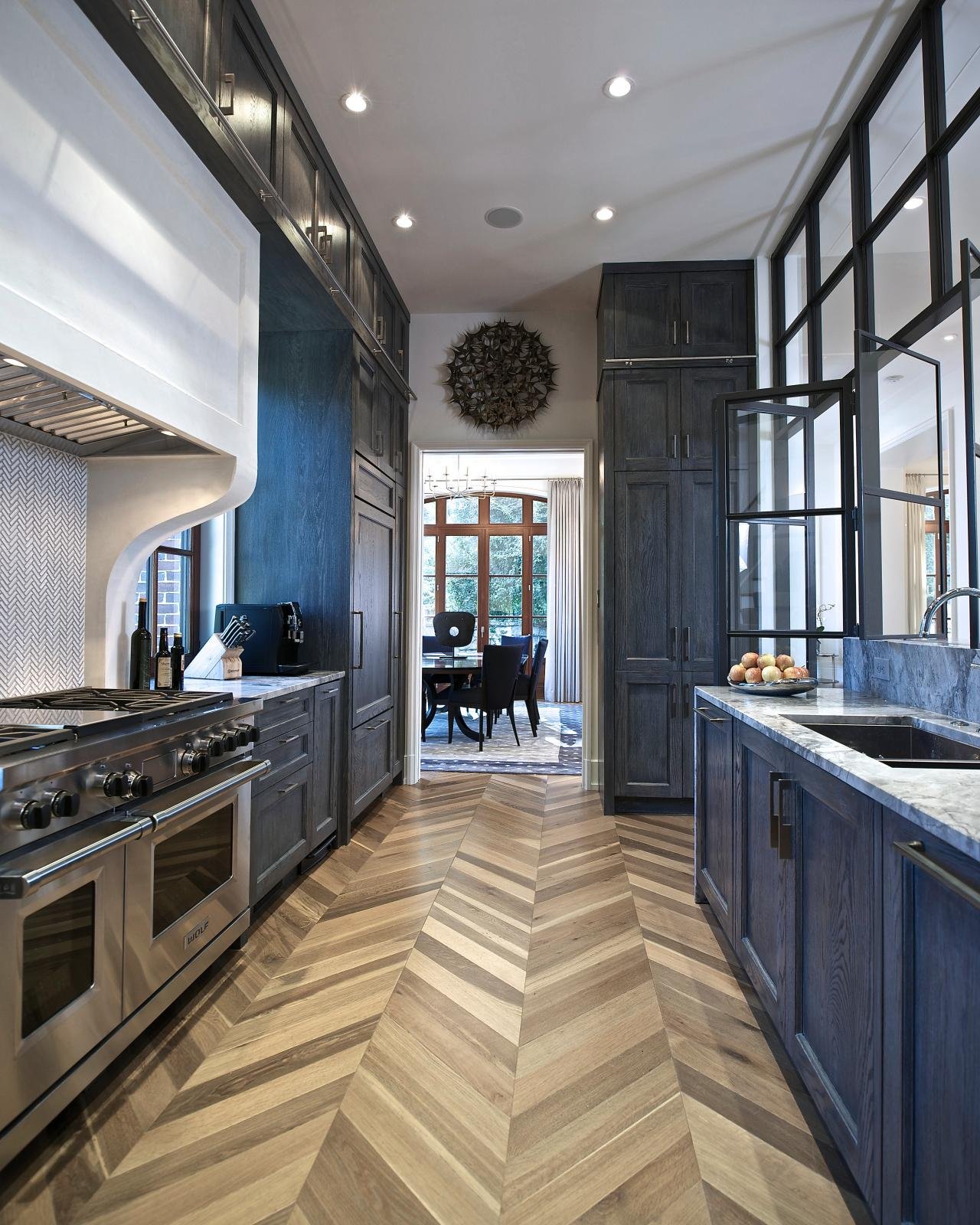Business
Finding the Best Kitchen Flooring
The flooring in your kitchen not only serves a practical purpose but also contributes significantly to the overall aesthetics and functionality of the space. Whether you’re renovating your kitchen or building a new home, selecting the right flooring material is crucial. In this blog, we’ll explore various options for kitchen flooring their advantages and disadvantages, and factors to consider to help you make an informed decision.
Importance of Kitchen Flooring
Kitchen flooring experiences heavy foot traffic, spills, stains, and frequent cleaning. Therefore, it needs to be durable, easy to maintain, and aesthetically pleasing. Here’s why choosing the best kitchen flooring is essential:
- Durability: Kitchen floors must withstand daily wear and tear, including spills, dropped utensils, and heavy appliances.
- Safety: Non-slip surfaces are crucial to prevent accidents, especially in a high-traffic area like the kitchen.
- Aesthetics: Flooring contributes to the overall design and ambiance of your kitchen, enhancing its visual appeal and style.
- Maintenance: Easy-to-clean surfaces save time and effort, keeping your kitchen looking pristine with minimal upkeep.
Popular Kitchen Flooring Options
- Tile Flooring: Durable, water-resistant, and available in a wide range of colors and styles. Ceramic and porcelain tiles are popular choices due to their resilience and ease of maintenance.
- Vinyl Flooring: Affordable, versatile, and resistant to water and stains. Vinyl comes in sheets, tiles, or planks, offering various designs that mimic natural materials like wood or stone.
- Hardwood Flooring: Adds warmth and elegance to your kitchen. Hardwood is durable but requires regular maintenance and may not be suitable for areas prone to moisture.
- Laminate Flooring: Affordable and easy to install, laminate flooring offers a wood-like appearance with superior scratch and stain resistance. However, it can be damaged by standing water.
- Natural Stone Flooring: Includes options like slate, marble, and granite, offering unmatched durability and unique aesthetics. However, stone requires sealing to prevent staining.
Factors to Consider When Choosing Kitchen Flooring
- Water Resistance: Choose flooring that can withstand spills and moisture without warping or damage.
- Durability: Consider the lifespan of the flooring material and its ability to withstand heavy foot traffic and impacts.
- Maintenance Requirements: Evaluate the upkeep needed to keep the flooring clean and in good condition.
- Aesthetic Appeal: Select a flooring option that complements your kitchen’s style, cabinets, countertops, and overall decor.
- Comfort: Flooring should provide comfort underfoot, especially if you spend long periods standing in the kitchen.
Conclusion
Selecting the right kitchen flooring involves balancing practical considerations with aesthetic preferences. Whether you prioritize durability, ease of maintenance, or visual appeal, there’s a flooring option to suit every kitchen style and budget. Take time to research different materials, consider your lifestyle and maintenance preferences, and consult with flooring professionals if needed. Investing in high-quality kitchen flooring enhances the functionality, safety, and beauty of your kitchen, creating a welcoming space where you can enjoy cooking, dining, and entertaining for years to come.



















